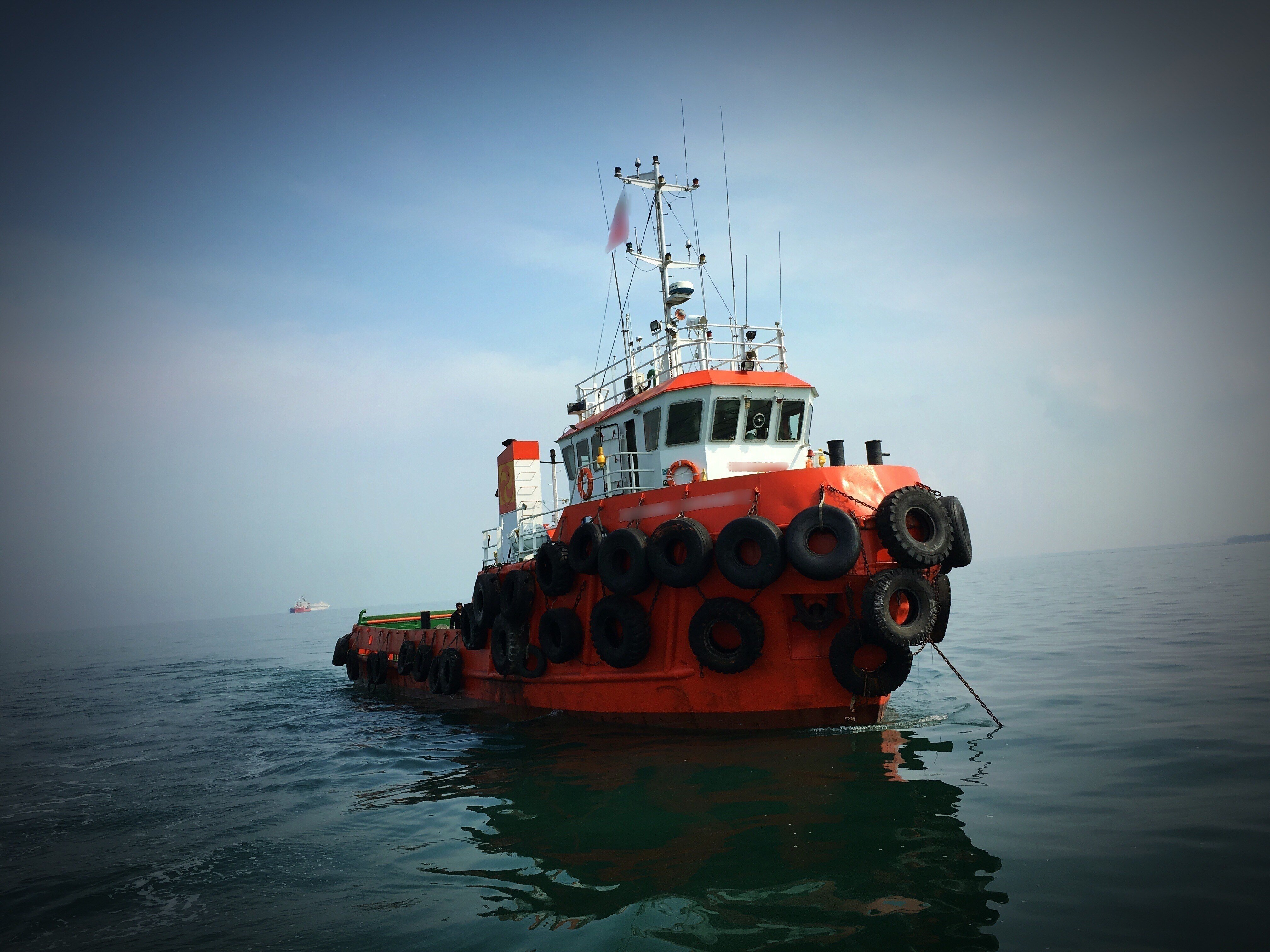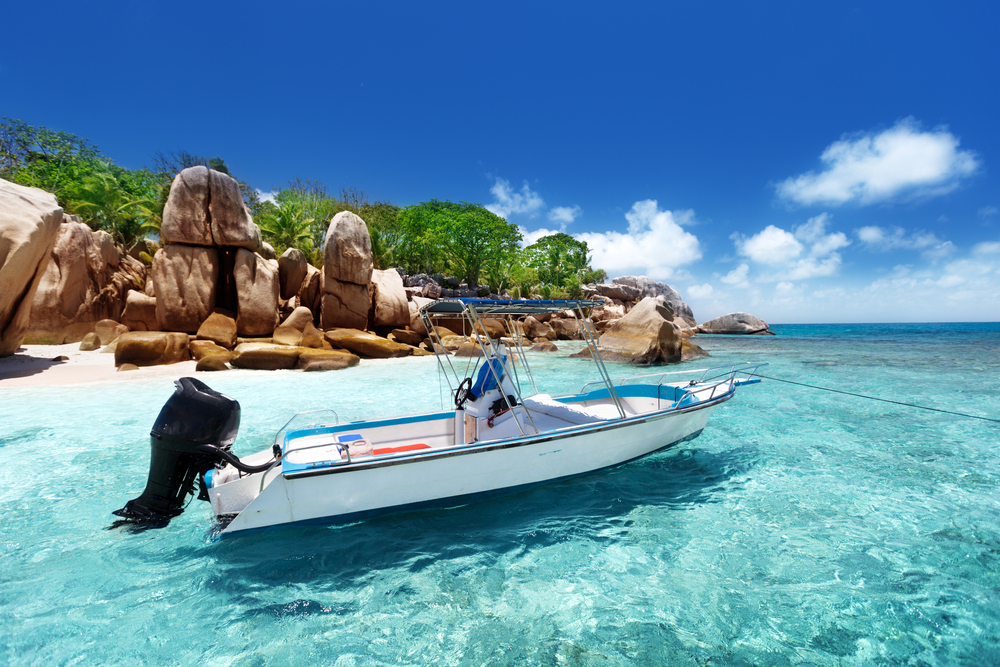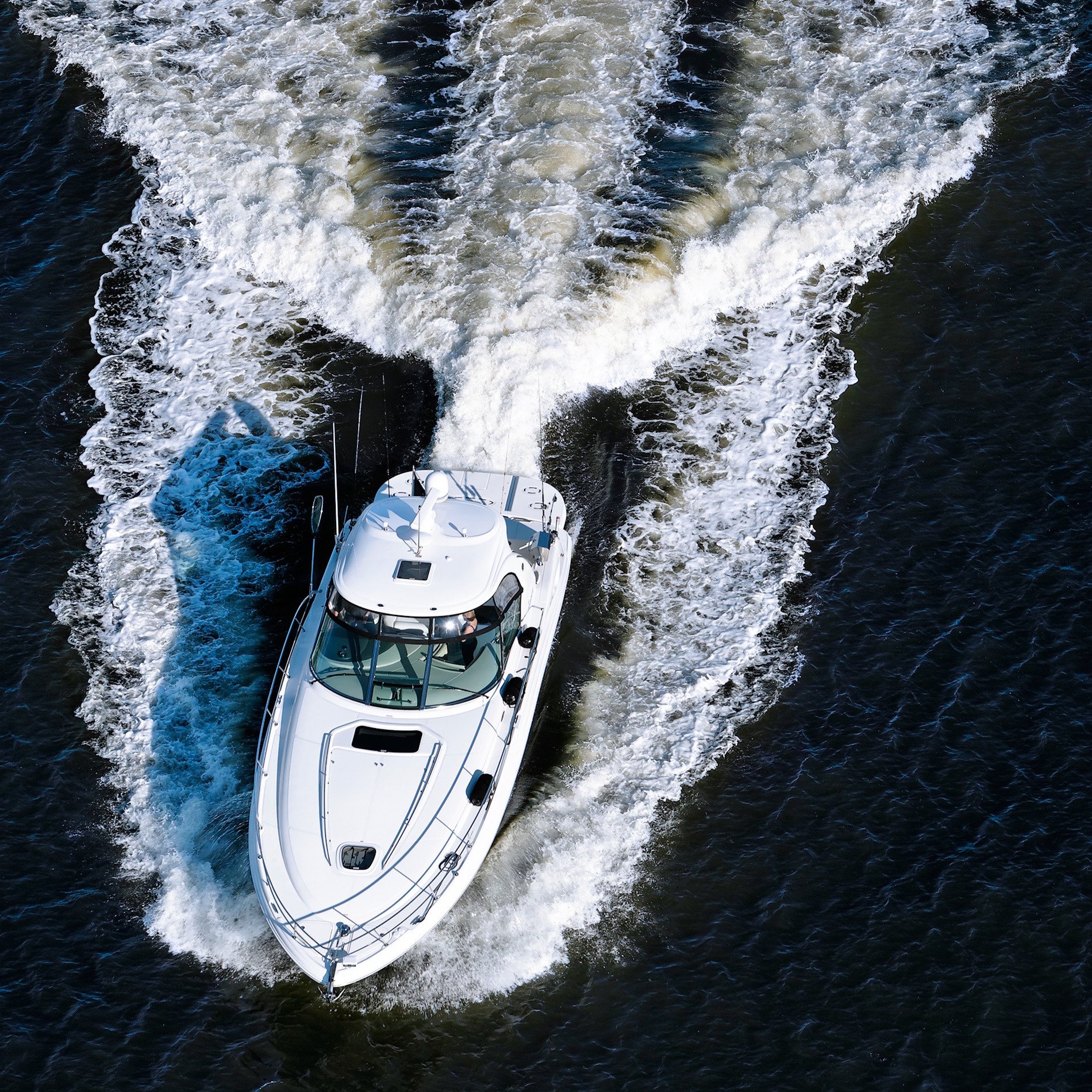Boat Safety Tips and Recommendations from the U.S Coast Guard
If you are a boat owner, it is your responsibility to insure that your boat has the required safety equipment (called carriage equipment by the...

 Boats aren't exactly the most fuel-efficient vessels on the planet. In fact, boats aren't even measured in miles per gallon, like cars are. Instead, their fuel use measured in gallons per hour, or gph.
Boats aren't exactly the most fuel-efficient vessels on the planet. In fact, boats aren't even measured in miles per gallon, like cars are. Instead, their fuel use measured in gallons per hour, or gph.
Needless to say, when it comes to watercrafts, the fewer gallons you burn through per hour, the better.
And the good news is that it's not difficult to make some minor adjustments to ensure that you're getting better fuel economy out of your boat. Here's a look at some tips and suggestions how:
Boats have a tendency to take on water, whether it's in the restroom water tanks or if some found its way into the pontoons. Keep in mind that the heavier your boat is, the harder the engine will have to work to power it. So don't just check to make sure that there isn't water hanging around, but also make sure that you're only carrying the cargo and supplies that are necessary.
Boaters try to avoid it, but sometimes you can’t get around using gasoline with some type of ethanol concentration - and this isn't necessarily a good thing. Aside from potentially wreaking havoc on a boat's engine (consider also that many older boat models aren't even designed to run on ethanol) ethanol fuel can also negatively impact a boat's fuel efficiency. However, administering a simple fuel additive can ensure that the gasoline that's powering your boat is as pure and healthy as possible for your boat's engine and its fuel economy.
When you're on the water, it's common to leave the engine idling at times, whether it's to safely cruise up to another boat, briefly dock or to just minimize the engine sounds so a conversation can be had on board. But idling still burns a lot of fuel, so in many cases it's better just to cut the engine rather than leave it on and idling.
A boat engine should be serviced and tuned up at least once per year. Follow the proper maintenance schedule and also be sure to properly winterize it and ready it for launch if your boat is taken out of the water for periods of the year. A better tuned engine will not only run better, but it will get better gas mileage and also likely save you money in the long run.
Boats are gas-guzzlers in their own right, but thankfully there are lots of small things you can do to make them more fuel efficient, such as:

If you are a boat owner, it is your responsibility to insure that your boat has the required safety equipment (called carriage equipment by the...

Many boat owners are sad that for so many months of the year, boats are just sitting in driveways or boat yards. But never fear, because these...

So you’re thinking of buying a used boat? The first thing you need to take into consideration is how much work a boat is. If you think your car is a...